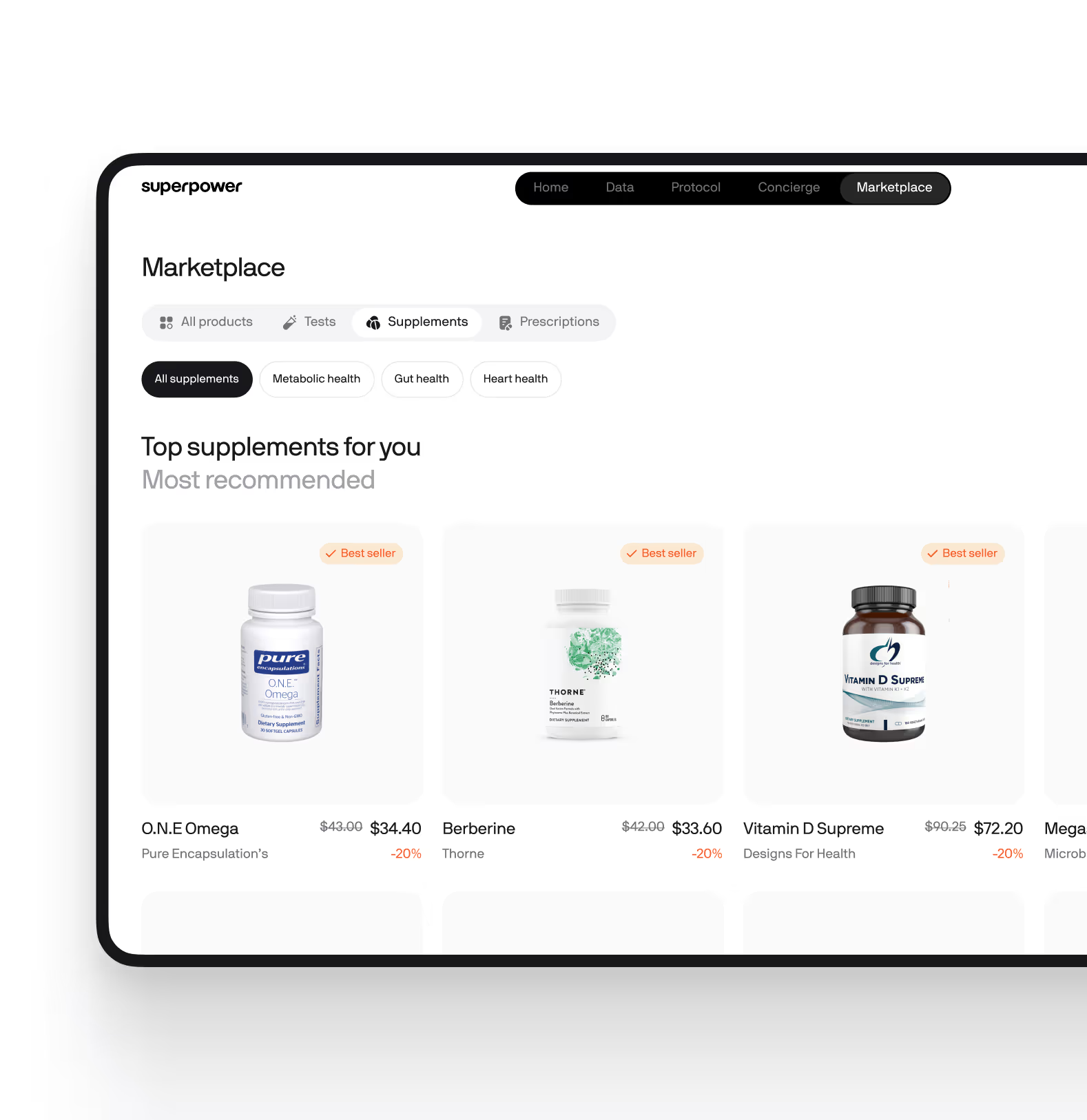Key Insights
- Understand how this test reveals your body’s current biological state—whether it’s exposure, imbalance, or cellular activity related to health and disease.
- Identify tumor markers that help explain symptoms like a testicular mass, pelvic discomfort, or unexplained fatigue by detecting alpha‑fetoprotein (AFP) elevations linked to nonseminomatous testicular cancers.
- Learn how genetics, tumor type, and treatments such as surgery or chemotherapy may shape your biomarker patterns and the speed at which AFP falls or rises.
- Use insights to guide care plans with your clinician, including staging, assessing residual disease, and tailoring therapy intensity based on marker kinetics.
- Track how your results change over time to monitor response after orchiectomy, confirm remission, or catch early recurrence when it is most treatable.
- When appropriate, integrate this test’s findings with beta‑hCG, LDH, imaging, and pathology for a complete picture of germ cell tumor biology and prognosis.
What Is an AFP Test?
An AFP test measures alpha‑fetoprotein, a protein that certain testicular tumors can release into the bloodstream. It is a simple blood test, usually performed on a serum sample, and reported in nanograms per milliliter (ng/mL). In most healthy adults, AFP is very low, commonly below about 10 ng/mL, though reference ranges vary by laboratory. Clinical laboratories typically use immunoassays such as chemiluminescent or electrochemiluminescent methods to quantify AFP, chosen for their sensitivity and reproducibility. Your result is compared against that lab’s reference interval and, when cancer is present, is also interpreted relative to clinical staging systems.
Why it matters: AFP reflects tumor biology in many nonseminomatous germ cell tumors, including yolk sac tumor and mixed germ cell cancers. Because tumor cells can secrete AFP into circulation, changes in your level can mirror what is happening inside the body—tumor activity, response to surgery or chemotherapy, or early signs of recurrence before symptoms appear. When read alongside other markers (beta‑hCG and LDH), imaging, and pathology, the afp test offers objective data that supports detection, risk classification, and more precise follow‑up.
Why Is It Important to Test Your AFP?
AFP connects directly to how certain testicular cancers grow and behave. Nonseminomatous germ cell tumors can release AFP, which makes it a practical window into tumor burden and turnover. Elevated or rising AFP can flag active disease, while a steady fall after orchiectomy can signal that treatment is working. This is especially relevant if you have a testicular mass, have already been diagnosed with a germ cell tumor, or are in post‑treatment surveillance. In real life terms, it functions like a scoreboard for tumor activity—numbers that help translate biology into a trackable trend.
Big picture, AFP testing supports prevention and outcomes by enabling earlier, data‑driven decisions. Regular, well‑timed measurements help clinicians determine stage, estimate risk, and adjust therapy. Over time, AFP trends can reveal whether you are on the right trajectory, similar to how athletes track recovery metrics to guide training. The goal is not simply to be “normal,” but to understand where your biology stands today and how it adapts with care—informing smarter choices that protect health and longevity.
What Insights Will I Get From an AFP Test?
Your results are reported as a number, often plotted against the lab’s reference range. “Normal” reflects levels typically seen in healthy adults; “optimal” for cancer care is more contextual, prioritizing levels and trends associated with remission and lower relapse risk. Context matters: a modest elevation can be meaningful if you have a confirmed germ cell tumor, while the same value may be less concerning in someone without a tumor history. Clinicians also look at timing—how quickly AFP falls or rises—which carries prognostic weight.
Balanced or low AFP suggests minimal to no AFP‑secreting tumor activity and, when you are in treatment or surveillance, can indicate effective control of disease. Variability happens and can be influenced by laboratory methods, biological half‑life, and the specific tumor mix.
Higher AFP generally points to an AFP‑secreting testicular cancer component, especially nonseminomatous types. In staging and follow‑up, elevated or rising values can indicate residual disease or recurrence. A key concept is kinetics: AFP has a biological half‑life of about 5–7 days. After tumor‑removing surgery, levels should fall along that curve; slower declines or plateaus may suggest remaining tumor tissue. Importantly, not all testicular cancers make AFP—pure seminoma typically does not—so normal AFP does not rule out cancer, and elevated AFP helps distinguish tumor type and guide therapy.
The real power of the afp test lies in patterns over time. When interpreted with beta‑hCG, LDH, imaging, and pathology, AFP trends help confirm treatment response, refine risk categories, and support early intervention if the marker turns upward. Results do not diagnose on their own; they inform a bigger clinical picture that your care team uses to individualize decisions.
.avif)

.svg)








.avif)



.svg)





.svg)


.svg)


.svg)

.avif)
.svg)










.avif)
.avif)



.avif)



.png)